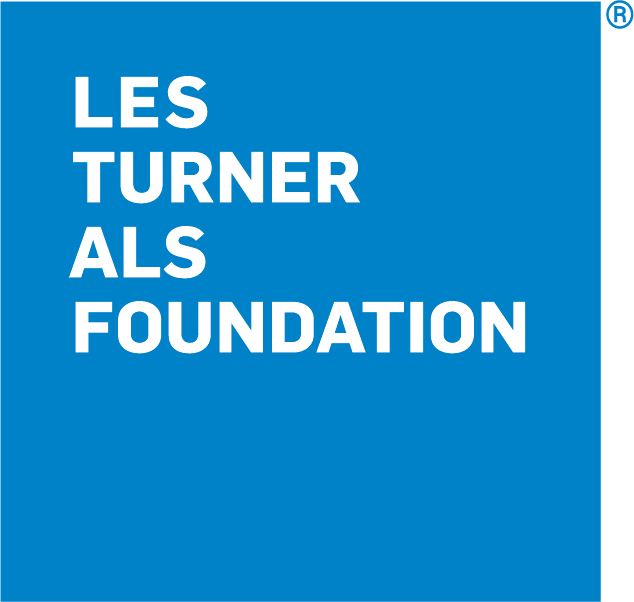
Drs. Ozdinler and Silverman
Each year, the Les Turner ALS Foundation provides a grant to the Les Turner ALS Research and Patient Center at Northwestern Medicine. This grant provides support to the Lois Insolia ALS Clinic as well as researchers looking for answers on the causes, treatments and cures for ALS. For 2017, the Foundation has awarded $1.25 million to the Center to fund clinical care costs and seven separate research proposals in the areas of basic science, ALS drug development and genetics. These seed grants allow Northwestern researchers to collaborate with scientists around the country on new and novel ideas. The goal is that successful findings from these studies make them eligible to apply for grants from larger granting organizations, such as the National Institutes of Health, to spur larger scale studies on ALS.
Hande Ozdinler, PhD, received two research grants for her laboratory at the Les Turner ALS Research and Patient Center at Northwestern Medicine. The grants support ALS drug development initiatives through her laboratory’s studies of upper motor neurons (residing in the brain) and lower motor neurons (in spinal cord), which both progressively degenerate in people living with ALS. Learn more about how the gifts from the Center support advancements in Dr. Ozdinler’s innovative research:
How is your grant money being used?
Our overall goal is to develop novel treatment strategies for ALS. The first grant allows us to utilize a pre-clinical screening process to determine the potential of chemical compounds to turn into useful drugs for ALS patients by investigating their ability to improve brain motor neuron survival. We collaborated with Dr. Richard Silverman* who previously developed three specific classes of chemical compounds that reduce protein aggregation. The platform we develop will help identify many new potential candidates and reconfirm feasibility of the current compounds considered for clinical drug trials. Our current results will have the potential to initiate new clinical trials and identify novel compounds for ALS treatment.
The second grant is a collaborative work with Dr. Shad Thaxton* and focuses on understanding how diseased neurons communicate through exosomes (small structures that are secreted from cells, like motor neurons). Exosomes can be compared to “letters” we send our friends as a form of communication. This study helps distinguish whether these exosomes communicate the damaging progression of ALS to other cells or communicate a warning sign to help prevent disease progression. We can isolate exosomes, analyze their protein composition and understand how diseased neurons communicate with their environment. Our findings will reveal novel targets for therapeutic interventions.
Why are the grants important to the success of your lab and overall advancements in ALS research?
The Les Turner ALS Foundation is the reason my lab thrives at Northwestern. Our lab was first established through the generous gifts we received from the Foundation in 2008, allowing us to build a state-of the art laboratory. The Foundation’s passion is contagious and it inspires us to continuously raise the bar on our research. The funding gives our research momentum, but it is the collaborative environment of Northwestern that provides structure and framework. It is impossible for one person or one project to yield effective results as the solution is teamwork and it is the result of collaborative effort.
What can people do to support ALS research and why should they care?
Now is the best time to give towards ALS research as we have embraced the accelerated momentum and we are moving faster then ever before. There is no stopping us. There has never been a better time with such exciting advances in every aspect of the field. The recent approval of Radicava is just the beginning; there are many new drugs in the pipeline, novel disease models are being developed and new genes are being discovered. Most importantly, the field is very collaborative and cooperative. Everybody realizes the urgency of finding a cure and that we all have to work together.
What do you hope for the future of ALS research?
I want patients and caregivers to continue to be what inspires us and gives us the energy we need in performing the most critical initial experiments. I want scientists and clinicians to work together as one, in harmony. I want national and international collaborations to help expedite clinical trials and I want government agencies to hear ALS patients and caregivers. This is one tough fight and if we all do our part, I am sure that we will win. More than anything, though, I want people living with the disease today to be able to say ‘I had ALS, and I defeated it.’ I want to hear them say it.
*Studies in collaboration with C. Shad Thaxton, PhD and Richard Silverman, PhD of Northwestern University Feinberg School of Medicine

